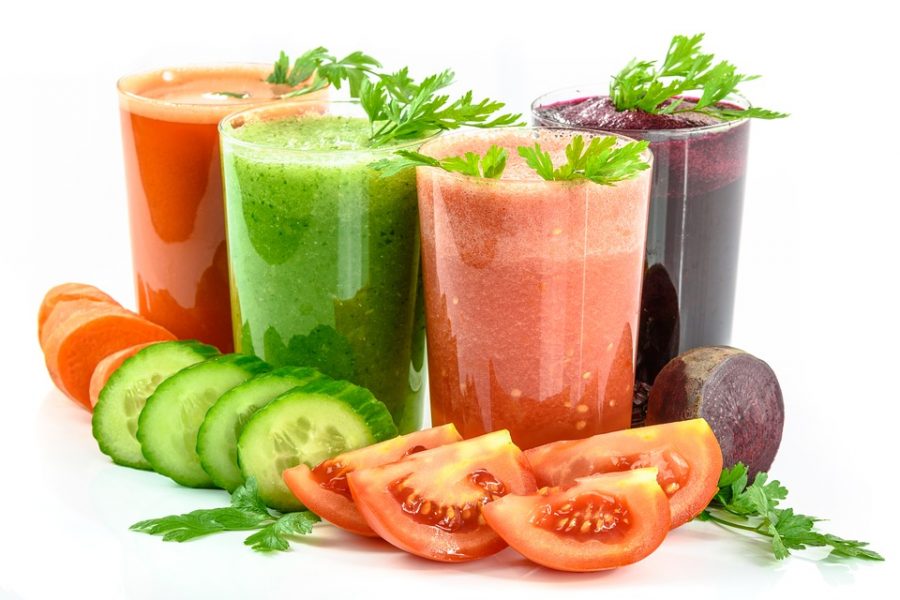“Fitspo” accounts harm users’ self-perceptions
Creative Commons photo courtesy of Pixabay
Juice cleanses have become popular in the fitness community, included in a trend called ‘detoxing’. https://creativecommons.org/licenses/by/2.0/
May 10, 2019
Juice cleanses, kale chips, spin classes and Lululemon apparel: these represent the epitome of fitness in 2019. Fitness and wellness bloggers frequently display these health ‘standards’ on social media through fitness inspiration, or “fitspo,” accounts.
According to Pew Research Center of Internet and Technology, the use of social media platforms has increased greatly within the last decade. For many high school students, checking these apps is one of the first things they do when they wake up each morning.
Along with this, the amount of information consumed about maintaining a healthy lifestyle has surged. A study published in the Journal of the American Medical Association found that over 60 million Americans search the web for health information each year. These two characteristics have given rise to the fitspo accounts that now permeate Instagram feeds everywhere.
Fitspo accounts appear mostly on Instagram and Snapchat. While these platforms portray someone with a healthy lifestyle, they can harm a person’s self-image.
The owners of these accounts have oftentimes underwent some kind of transformation, whether that be mental or physical, which has led them to a more healthful life. Fitness gurus make their accounts to share tips and show their journey.
Nevertheless, this can be discouraging, and the accounts may even perpetuate the stigma that there is only one type of healthy body.
Freshman Maggie Schneider of Wall said that fitspo accounts may intimidate and dishearten the people who follow them.
“It can shame people that eat well and work out who still cannot reach the unrealistic, typical modern day beauty standard,” Schneider said.
Sophomore Emma Barofsky of Ocean disagreed, saying that she believes the accounts are empowering and good for body positivity.
“If you see other people taking care of themselves, they may make you want to take care of yourself too and follow their path,” Barofsky said.
Fitspo influencer Sarah Day, who has an Instagram following of 715,000, typically posts daily or even twice a day about her holistic lifestyle. Day will often post pictures of her food, workout regimen or extravagant vacations.
Each image appears flawless. Day is showing her followers the outcome of maintaining her health, though she does not often include the expenses or hard work that come with her lifestyle.
In contrast, influencer Emily Skye, who has 2.5 million followers, consistently includes her family and her fitness in her posts. Several posts promote body positivity, with one picture captioned “nobody is perfect and there’s no point worrying about things you can’t change.”
Fitspo accounts can inspire millions of people, but no matter the message fitness accounts try to spread, they can’t erase the dangers that come with searching for a picture-perfect lifestyle.














